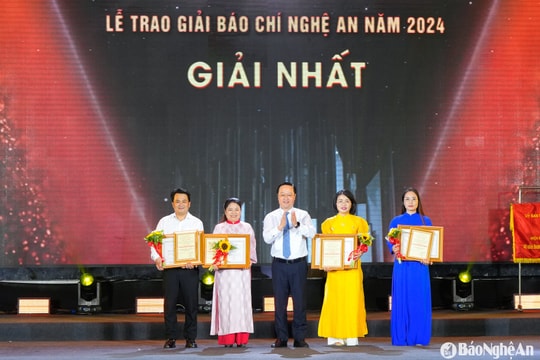Vietnamese Doctor honored as Outstanding Young Scientist at British University
Surpassing 2,500 scientists from University Belfast (top 1% of the best universities in the world and top 20 in the UK), Dr. Duong Quang Trung (37 years old) has just been honored as the Best Young Scientist here.
 |
| Dr. Duong Quang Trung (sitting, right) received the Outstanding Young Scientist Award from Queens University with other scientists. |
Award Collection
Dr. Duong Quang Trung (born in 1979) is currently teaching and researching at Queen's University Belfast. After graduating with a PhD in Telecommunications at the end of 2012, in 2013, Dr. Trung was accepted as a Professor at Queens University without having to go through the post-doc stage.
After 3 years at Queen's, Mr. Trung is the project leader of 8 projects. In the past two years alone, Dr. Trung has received funding for 4 projects up to 1.3 million USD from organizations in the UK. From these projects, he built the Signal Processing for Telecommunications research group at Queen's, including 3 postdoctoral researchers and 11 graduate students.
Mr. Trung is also the main author and co-author of 230 scientific research works published in specialized journals and international conferences (including 120 works in ISI journals). Mr. Trung has also received many awards in the past 3 years: Fellowship Award of the Royal Society of Science of the UK from 2016 to 2021 (the whole UK has only 8 people and Mr. Trung is the only one in the field of ICT).
Best Paper Award from two leading telecommunications conferences: IEEE GLOBECOM 2016 held in Washington DC in 2016 and IEEE ICC 2014 held in Sydney, Australia (the number of papers submitted was nearly 3,000, only about 35% were accepted for publication).
Thanks to his outstanding achievements in scientific research that has had an impact on society and the community, Dr. Trung continued to be honored by Queens University as the Best Young Scientist of 2016, surpassing 2,500 other professors and scientists.
Recently, the Global Challenges Conference, gathering 60 young scientists (under 45 years old) around the world (from 28 different countries) discussed urgent global issues: energy, environmental pollution, sustainable development, human connection... The conference was organized by the Royal Society of Engineering of the UK from November 21 to 23 under the hot pressure of the world situation. Mr. Trung was honored to chair one of the four sessions of the conference - the "Human Connection" session.
If invested, Vietnamese scientists will not be inferior to the world.
Talking about the domestic scientific research environment, Dr. Duong Quang Trung acknowledged: “We have begun to use international standards to measure science. Vietnam has a number of very good scientists, if there is proper investment, they will not be inferior to professors abroad. However, looking at the overall situation at universities, most PhDs still have to teach a lot, the time allocated for research is still not appropriate and we are only talking about quantity rather than quality.”
According to Dr. Trung, in foreign countries, funding for scientific research comes from the Government and companies. In addition, there are many other private funds that are also very abundant. The issue of research fund management is also quite important. Scientists will not have to worry about this issue, but the governing body will take care of everything from A to Z. For example, at Queen's University, after a project is accepted, the school will sign a contract with the funding unit on behalf of the scientist and take responsibility for the transparent spending of the funds. The project manager (Principle Investigator) will not directly "touch" the fund. The governing body (for example, Queen's University) will send someone to support this issue. All financial issues are very simple and straightforward for researchers).
Need to have correct perception about scientific research
To stimulate domestic research, Dr. Trung said: “The most important thing is to make the process of reviewing topics transparent, and to reduce administrative procedures so that scientists can have “free hands” to focus on research. Topics that are accepted or rejected must also have a review so that candidates can know and learn from experience for the next time, including the opportunity to respond to the review because sometimes independent reviewers are not necessarily completely accurate. Many domestic research funds have skipped this important stage. Candidates do not know why their topics were rejected.”
In particular, according to Dr. Trung, there needs to be a policy to support young scientists, creating "research scholarship" programs (fellowship) so that young scientists have the conditions to build their own research groups.
Dr. Duong Quang Trung (left) with colleagues on a business trip. |
“Another important issue is the correct perception of society about scientific research. Academic research (in universities and research institutes) is different from creating innovative machines by “Mr. Hai Lua”. Society needs “Mr. Hai Lua’s” innovations, but research (both theoretical and practical science) is of utmost importance. There is also the phenomenon of not doing real science but receiving large funding as reported by the press... That is why we really need a transparent environment in science”, Dr. Trung assessed.
According to TNO
| RELATED NEWS |
|---|


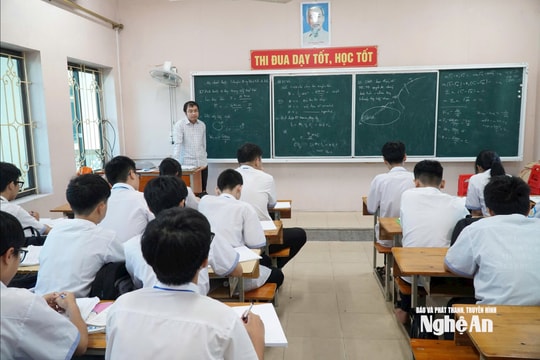
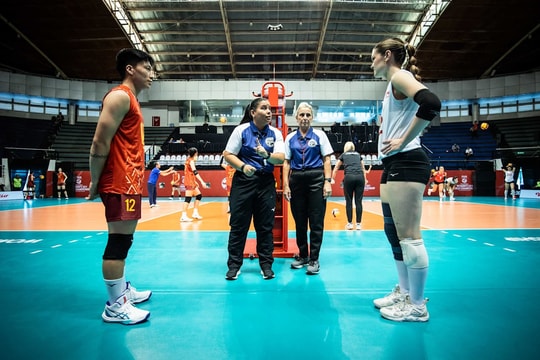
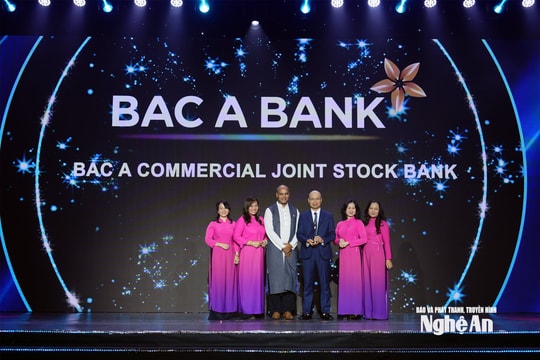

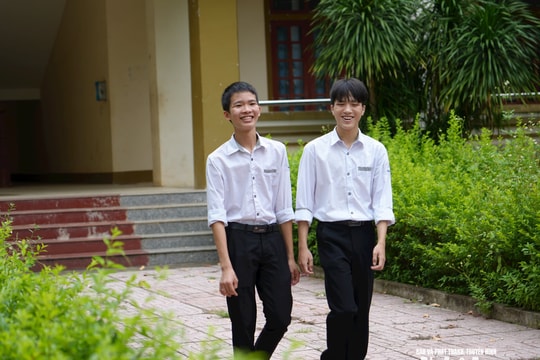
.jpg)
